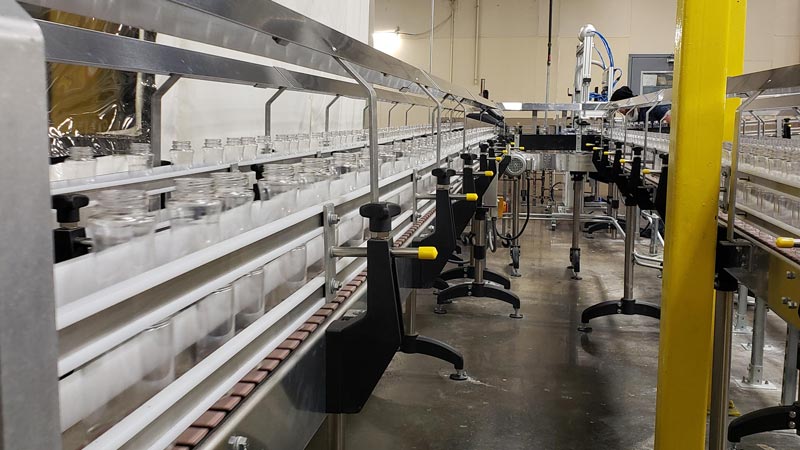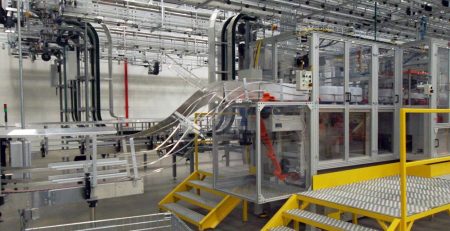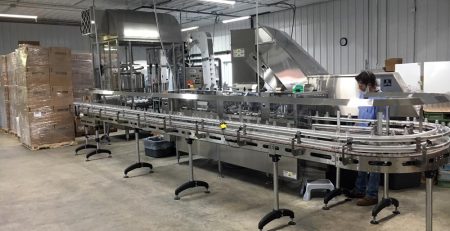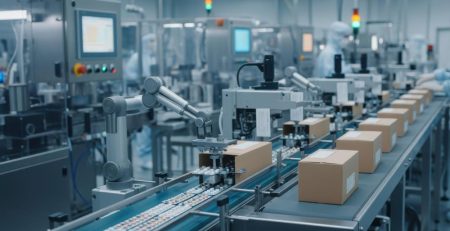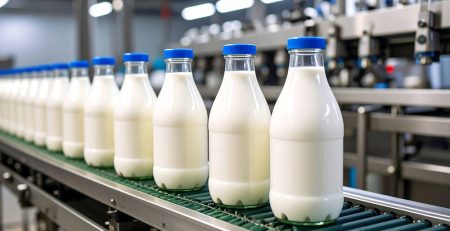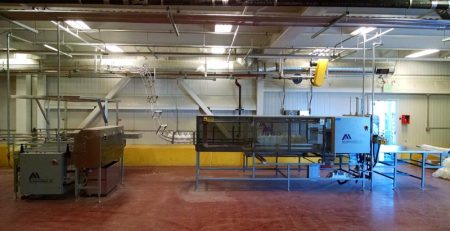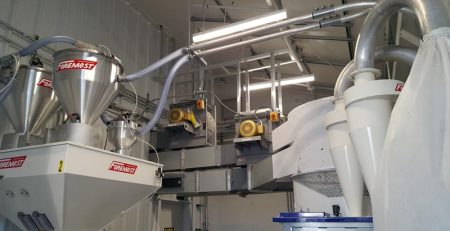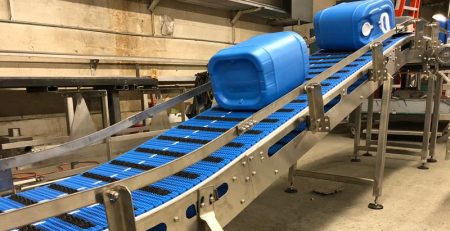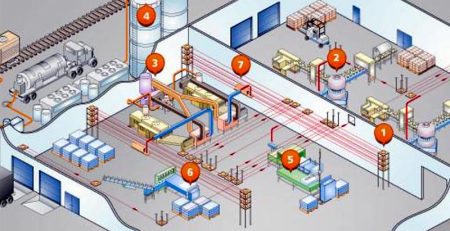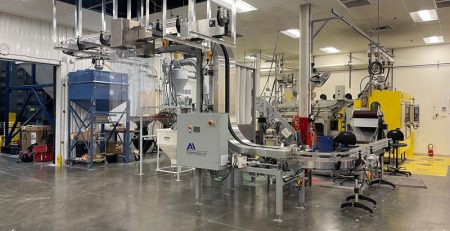The manufacturing landscape has evolved dramatically over the last century. As we navigate through the twenty-first century, this metamorphosis is more palpable than ever, with advanced conveyor systems playing a vital role in transforming how industries operate. These innovations, combined with the rise of automation, AR, and digital technology, have redefined manufacturing, contributing to unprecedented levels of productivity and efficiency.
Historically, conveyor systems were seen as monotonous tools performing a single, repetitive task—moving goods from point A to point B. But the modern conveyor is an epitome of innovation, with capabilities far beyond the simple motion of goods. It’s an intelligent, adaptive system, designed to cater to specific needs, offering flexibility, efficiency, and the promise of Industry 4.0 compatibility.
Metamorphosis of Manufacturing
So, how exactly have conveyor systems propelled the metamorphosis of manufacturing? Let’s explore.
Flexibility for Future Needs
Traditional conveyor systems followed a rigid design, catering to specific functions with minimal room for modifications. Today’s conveyors, however, are custom-built, providing flexibility to meet future needs and adapt to changing workflows. This is crucial for industries that need to pivot quickly in response to market demands, new products, or adjustments in production methods.
Greater Efficiency and Productivity
Incorporating advanced conveyor systems leads to a significant increase in productivity. Intelligent designs ensure seamless operations with minimal downtime, while the ability to move more products accurately and quickly results in higher output. Moreover, automated conveyor systems reduce manual labor, lowering the risk of human error and increasing safety, thereby amplifying overall efficiency.
Integration with Digital Technology
Advanced conveyor systems align with the vision of Industry 4.0 by integrating digital technology into their design. Features such as data collection points and digital control systems enable real-time monitoring of conveyor performance, facilitating proactive maintenance and reducing unexpected breakdowns. With Internet of Things (IoT) technology, it’s possible to connect conveyor systems with other production line equipment, enhancing synchronization and improving productivity.
Sustainability
As industries move towards more sustainable practices, conveyor systems haven’t been left behind. Modern conveyors are designed with energy-efficient motors and drives, which reduce power consumption. Some conveyor designs also incorporate renewable materials, contributing to a smaller carbon footprint.
Competitive Edge
Advanced conveyor systems provide industries with a competitive edge. Customization, paired with , ensures each system is optimized for the specific production needs, offering greater value compared to a ‘one size fits all’ approach. Moreover, efficient operations reduce waste, streamline production, and lead to cost savings, which can be passed on to customers.
As we reflect on the metamorphosis of , the influence of advanced conveyor systems cannot be overstated. They’ve transformed from mere transport systems to complex, integral parts of the production process.
Advanced Conveyor Systems from Automation Ideas
At Automation Ideas, we’re at the forefront of this transformation. Our custom-built conveyor systems and are designed to propel your manufacturing capabilities to new heights, helping you adapt to the evolving landscape and stay ahead of the curve.
The future of manufacturing lies in embracing these changes, and at Automation Ideas, we’re here to ensure that future is not only achievable but sustainable and prosperous. Together, let’s navigate the metamorphosis of manufacturing. Contact us here to request a quote for your packaging automation needs.

